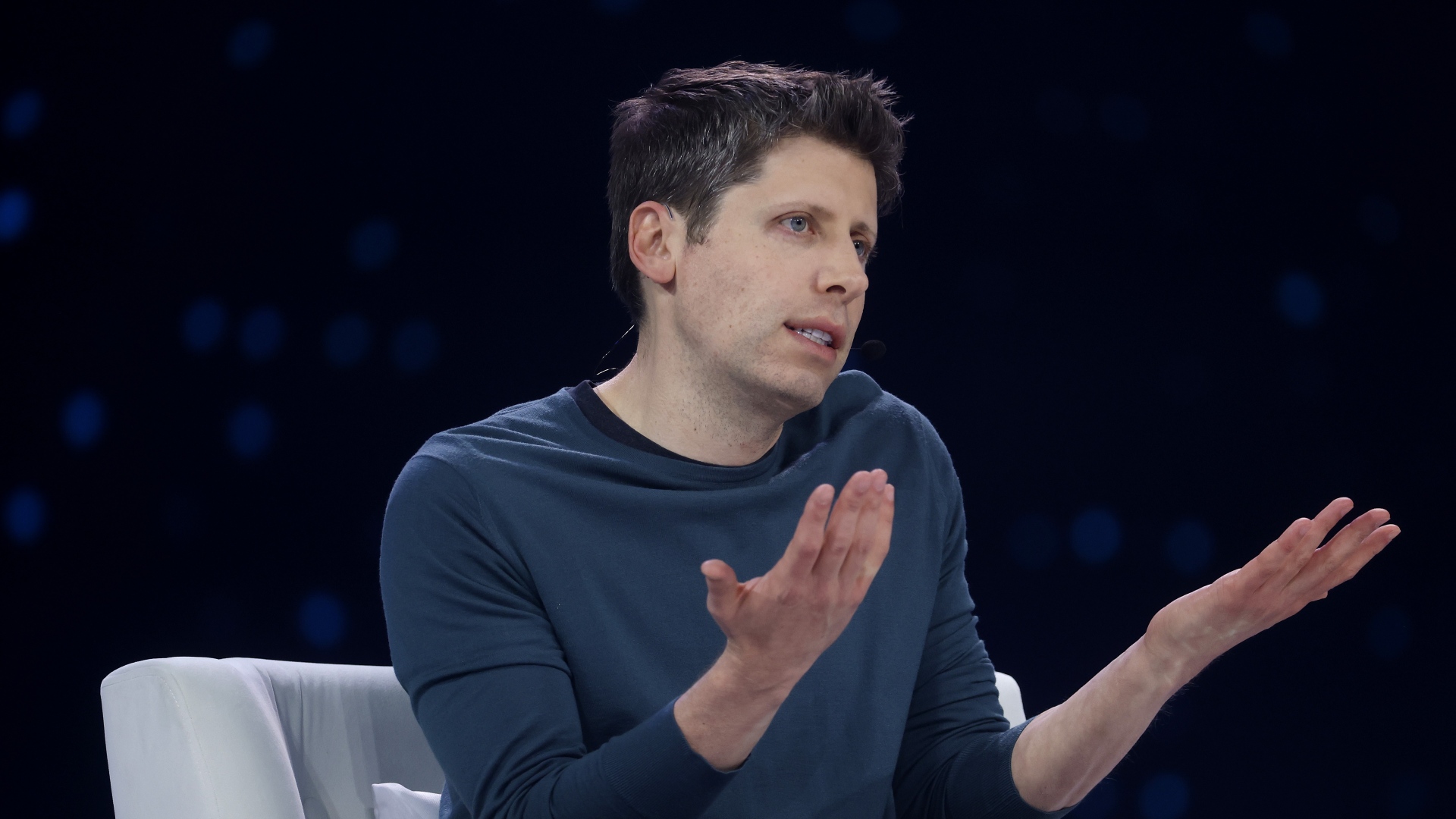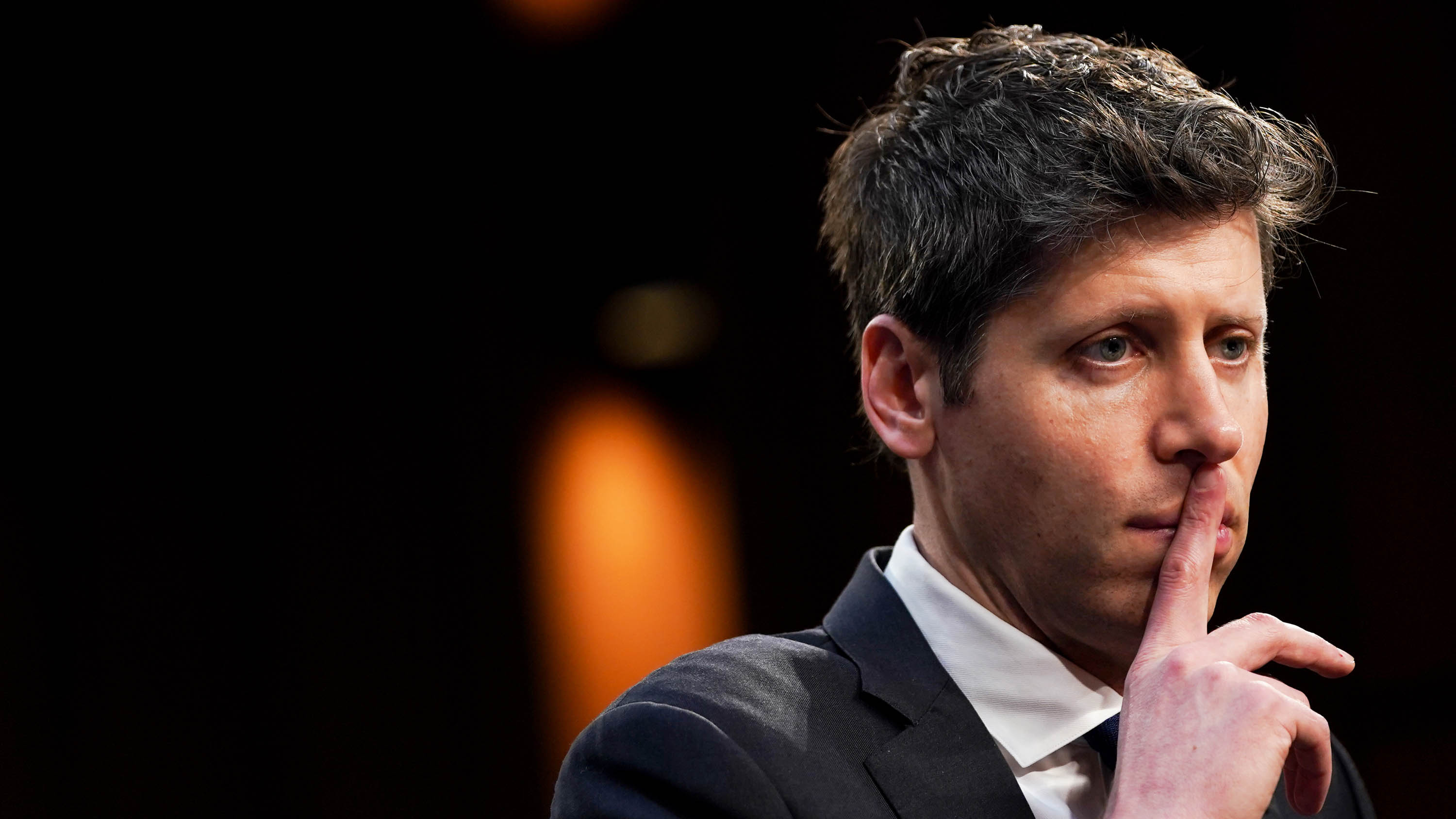T4K3.news
New insights on the challenges of generative AI
An analysis highlights the implications of generative AI on creativity and individual labor.

An exploration of the challenges posed by generative AI and the implications for creativity.
Reclaiming the Narrative of Generative AI
The rise of generative AI, epitomized by tools like ChatGPT and Copilot, reveals a conflict between technological advancement and the integrity of human creativity. These systems rely on vast datasets to produce content, pulling from a mix of online sources. While they promise support for users, they risk devaluing individual effort and creativity. Controversies arise from copyright issues and ethical concerns surrounding the use of creators' works without consent. As these tools are integrated into everyday tasks, workers may feel the pressure to perform faster and cheaper, leading to a sense of erosion in the value of their skills.
Key Takeaways
"Generative AI tools commodify artistic output and undermine individual contributions."
Highlighting the selling point of generative AI while diminishing the ownership of created content.
"The lack of transparency around data sourcing raises ethical concerns."
Emphasizing the opacity of how generative AI tools source their data and the potential for exploitation.
"These systems risk devaluing individual effort and creativity."
Describing the impact of generative AI on personal contributions and the art of creation.
"To engage with these systems is, in many ways, a phantom injury to the creators."
Speaking to the emotional toll on creators whose works are used without acknowledgment.
The implications of generative AI extend beyond mere convenience. They challenge the very notion of creativity by commodifying individual talents into generalized outputs. This shift could lead to a future where skills are undervalued, and human creativity is eclipsed by machines. The merging of productivity tools with AI raises ethical questions about accountability and ownership, creating an environment ripe for misuse. As companies claim to champion innovation, they may inadvertently foster an atmosphere of exploitation.
Highlights
- Generative AI turns creativity into a commodity, undermining individual talent.
- Are we witnessing the birth of a new digital divide, marked by AI and creativity?
- The tools that protect our labor can also threaten our existence in the marketplace.
- Generative AI is an illusion of progress, masking underlying exploitation.
Concerns Over Copyright and Exploitation
Generative AI raises significant ethical issues, specifically regarding the use of creators' works without consent, leading to potential copyright violations and exploitation of labor.
Advocating for ethical standards in the development of AI remains crucial as these tools evolve.
Enjoyed this? Let your friends know!
Related News

Sam Altman predicts AI will generate novel insights by 2026
Google develops AI-powered icon customization for Pixel

Sam Altman claims ChatGPT's capabilities surpass humans

Vibe physics poses risks in scientific discussions

Reddit revenue showed significant growth in Q2

Sam Altman is optimistic yet cautious about AI's future

OpenAI to launch GPT-5 in August

New discoveries from Europa reveal dynamic ice activity
